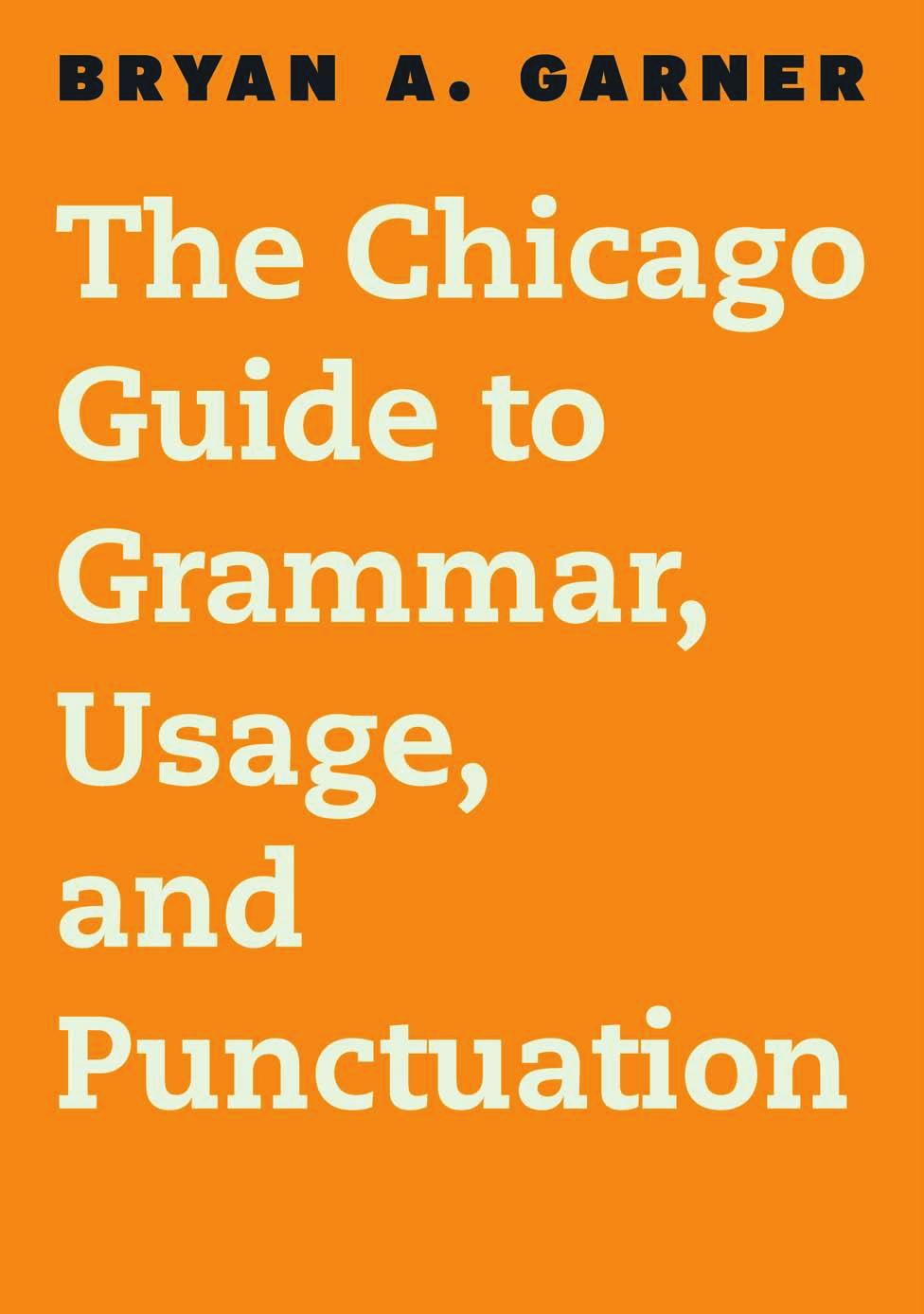The Chicago Guide to Grammar, Usage, and Punctuation by Bryan A. Garner

Author:Bryan A. Garner [Garner, Bryan A.]
Language: eng
Format: epub, azw3, pdf
Publisher: The University of Chicago Press
Published: 2016-04-12T04:00:00+00:00
nauseous; nauseated. Whatever is nauseous, traditionally speaking, induces a feeling of nausea—it makes us feel sick to our stomachs. To feel sick is to be nauseated. Although the use of nauseous to mean nauseated may be too common to be called an error anymore, strictly speaking it is poor usage. Because of the ambiguity in nauseous, the wisest course may be to stick to the participial adjectives nauseated and nauseating.
necessary; necessitous. Necessary means “required under the circumstances” {the necessary arrangements}. Necessitous means “impoverished” {living in necessitous circumstances}.
neither. Four points. First, like either, this word when functioning as subject of a clause takes a singular verb {neither of the subjects was given that medicine}. Second, a neither–nor construction should frame grammatically parallel expressions {neither the room’s being too cold nor the heater’s malfunction could justify his boorish reaction} (both noun elements). (See §§ 266, 332.) Third, a simple neither–nor construction should have only two elements {neither bricks nor stones}—though it’s perfectly permissible to multiply nors for emphasis {neither snow nor rain nor heat nor gloom of night}. Fourth, the word is acceptably pronounced either /nee-thәr/ or /nI-thәr/.
nerve-racking; *nerve-wracking. Use the former. See rack.
1920 Ratio of Frequency in Printed Books: 14:1
2008 Ratio of Frequency in Printed Books: 2:1
Download
The Chicago Guide to Grammar, Usage, and Punctuation by Bryan A. Garner.azw3
The Chicago Guide to Grammar, Usage, and Punctuation by Bryan A. Garner.pdf
This site does not store any files on its server. We only index and link to content provided by other sites. Please contact the content providers to delete copyright contents if any and email us, we'll remove relevant links or contents immediately.
Cecilia; Or, Memoirs of an Heiress — Volume 1 by Fanny Burney(32558)
Cecilia; Or, Memoirs of an Heiress — Volume 2 by Fanny Burney(31956)
Cecilia; Or, Memoirs of an Heiress — Volume 3 by Fanny Burney(31942)
The Lost Art of Listening by Michael P. Nichols(7506)
Asking the Right Questions: A Guide to Critical Thinking by M. Neil Browne & Stuart M. Keeley(5775)
We Need to Talk by Celeste Headlee(5615)
On Writing A Memoir of the Craft by Stephen King(4944)
Dialogue by Robert McKee(4404)
Pre-Suasion: A Revolutionary Way to Influence and Persuade by Robert Cialdini(4232)
I Have Something to Say: Mastering the Art of Public Speaking in an Age of Disconnection by John Bowe(3887)
Elements of Style 2017 by Richard De A'Morelli(3350)
The Book of Human Emotions by Tiffany Watt Smith(3309)
Fluent Forever: How to Learn Any Language Fast and Never Forget It by Gabriel Wyner(3083)
Name Book, The: Over 10,000 Names--Their Meanings, Origins, and Spiritual Significance by Astoria Dorothy(2987)
Why I Write by George Orwell(2953)
Good Humor, Bad Taste: A Sociology of the Joke by Kuipers Giselinde(2950)
The Art Of Deception by Kevin Mitnick(2804)
The Grammaring Guide to English Grammar with Exercises by Péter Simon(2744)
Ancient Worlds by Michael Scott(2688)
